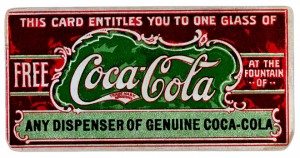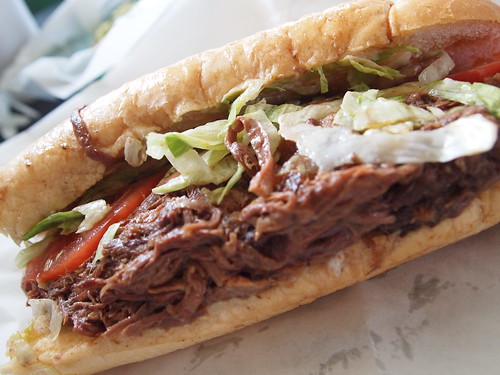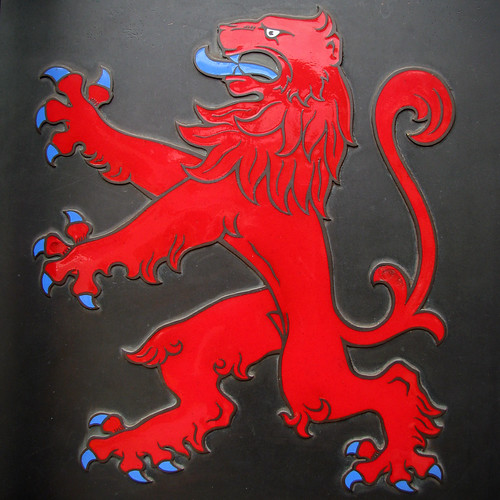Last week Wordnik headed out to snowy Boston to attend the AWP annual book fair. With over 10,000 attendees and 600 booths, AWP’s is one of the biggest writers’ conferences in the country, and we met tons of interesting people.
We also held a contest: give us your favorite word and we’ll randomly draw three people to win a set of Pocket Posh dictionaries. Congratulations to Lawrence Eby whose choice was the underrated gulch; Nicholl Denice who chose the awesome onomatopoeia; and David Fishkind who went with the lovely gambol.
Now what about all those favorite words? We collected 186, from akrasia to zeugma, and while we can’t cover them all here, we’re excited to give you some highlights. (And because we’re Wordnik, we made a list of all 186 words.)
We received positive words such as happiness, love, and please; beautiful color words such as azure and vermillion; and words having to do with light and shadow like illuminate, luminous, chiaroscuro, and, well, shadow. Crepuscular, “pertaining to or resembling twilight,” was another favorite, as well as dailygone, a Scots word also meaning “twilight,” a new word for us.
A couple of words were meta, such as dictionary and, you guessed it, word, and many simply sounded great, like gobbledygook, kerfuffle, bamboozle, catawampus, ishkabibble, and kerplunk! (which the submitter insisted “had to include an exclamation point”).
Others had to do with specific definitions, such as cataract (“The waterfall, not the degenerated cornea”), and monstrance, which has nothing to do with monsters but is, in the Roman Catholic Church, “a receptacle in which the host is held” (although monstrance and monster are etymologically related).
We received a few anatomy words (alveoli, flange, patella, and phalanges, though we have a feeling that has less to do with finger bones and more with the pseudonym of a certain sitcom character), and a couple of fear words, namely triskaidekaphobia, the fear of the number 13, and hippopotomonstrosesquipedaliophobia, the fear of very long words, which the submitter pronounced perfectly (“I practiced for hours”). Impressive!
A couple of people felt the pressure of choosing one favorite word and went with the reliable cat. Others were hungry for lunch and picked yogurt, tapioca, chocolate, clementine, persimmon, pomaceous, and the terrific hangry, to be angry from hunger. Still others chose the simple and emphatic no, including five-year old Jonah who wrote the word in all caps (“NO”).
One attendee’s favorite was habiliments, with which she won a spelling bee, while another attendee’s least favorite word was colonel, with which she lost a spelling bee (“I got too excited and spelled kernel instead”). Another attendee picked orange, because “nothing rhymes with it.”
Some words received multiple votes like defenestrate, to throw out the window; diaphanous, “transmitting light; permitting the passage of light; transparent; clear”; interrobang, a blended question mark and exclamation point; and, for some reason, elbow.
A few are definite word of the day contenders, like cacoethes, compulsion, mania; eldritch, strange or eerie; lour, “to be dark, gloomy, and threatening, as clouds”; and flitch, a wooden plank or slab, or a slab of bacon.
Several people’s favorite words were from other languages. In French we had malheureusement, “regrettably, unfortunately,” and pamplemousse, a grapefruit. In Spanish we got igualmente, “likewise”; sonrisa, “smile” but also “sunrise”; and jubilacion, “retirement” but also “jubilation.”
We received the German gemütlichkeit, “coziness more or less,” and in Finnish another vote for “orange,” oranssi. In Mandarin Chinese we got lao wai, literally “old foreigner” but also any foreigner, and from Jamaican English, ku yah, “But see here!” which we’ll begin using immediately.
Finally, we know we shouldn’t play favorites but we can’t help it: the neologisms. There was the Philadelphia slang widorwidout, “with or without (cheese, onions, etc)”; that old favorite, frenemy; and puh-leeze, of which we were assured is “now accepted by the OED” (and even if it weren’t, we would still love it).
There was hyperbolate (“If it’s not a word, it should be” – we agree!), and scrumtrulescent, which was coined by James Lipton (as played by Will Ferrell): “Match Game was absolutely scrumtrulescent.”
Again, check out all the favorite words of AWP 2013.
We hope to see you all next year!









